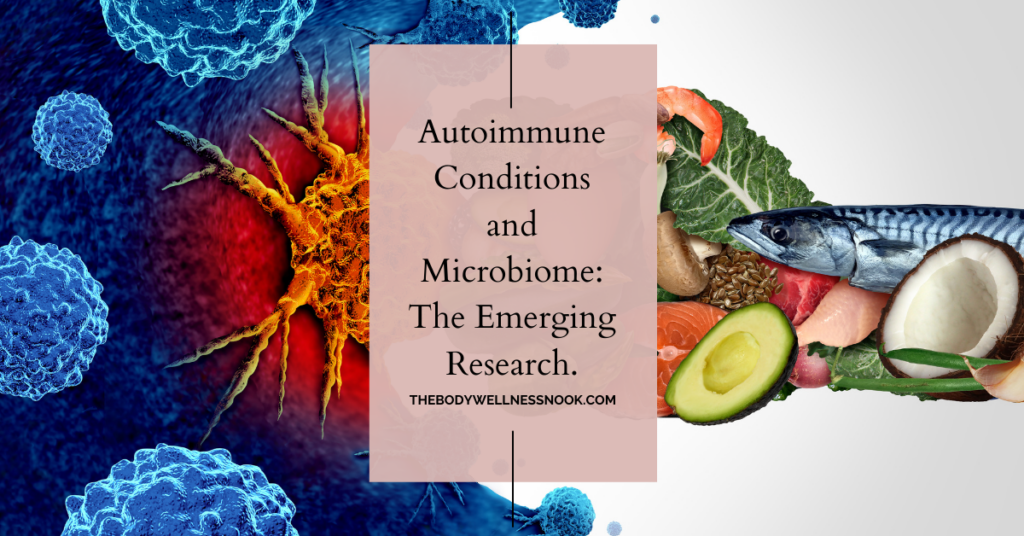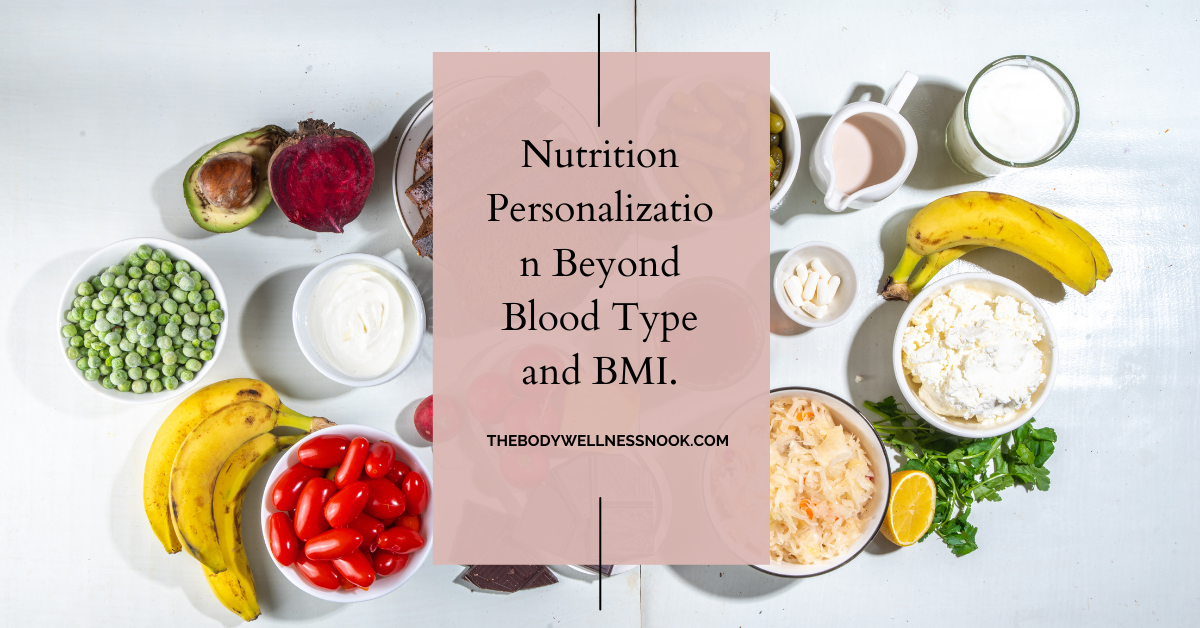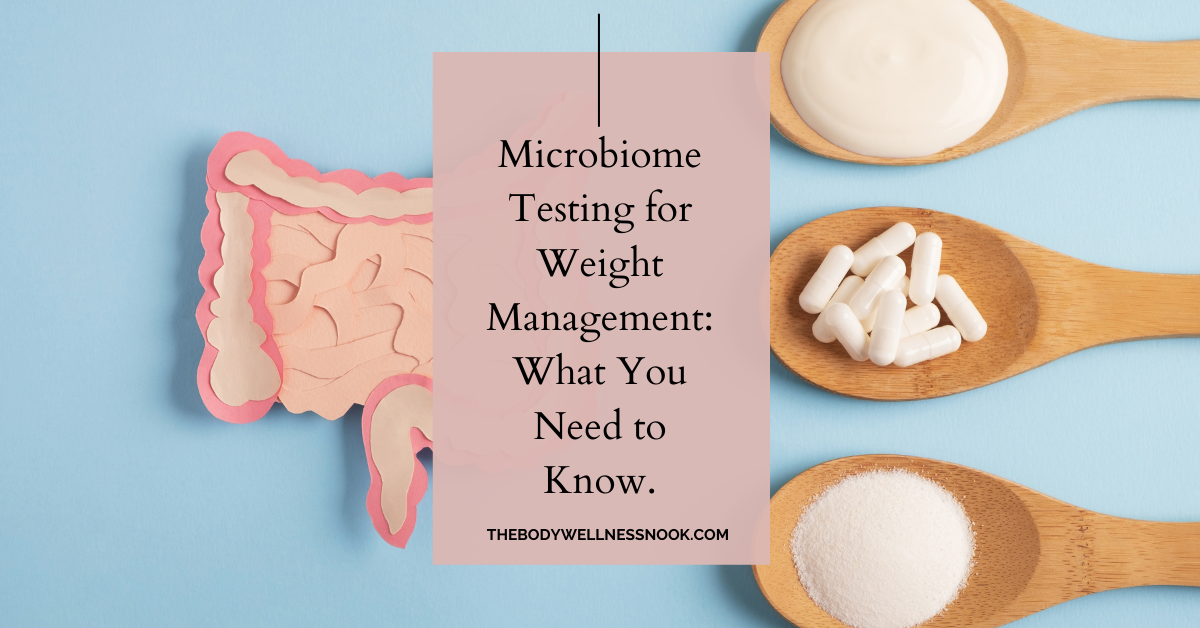Understanding Gut Microbiome and Autoimmunity
Gut Microbiome’s Impact on Autoimmune Diseases
I’ve always found it wild how our gut microbiome—home to trillions of tiny critters—has its fingers all over our immune system. Who would’ve thought that something in our tummy could mess with the immune gang and lead to trouble like rheumatoid arthritis (RA) or lupus (SLE)? Turns out, changes down there can make our gut walls leaky, letting little invaders raise havoc.
Some gut bugs play nice, while others love causing drama. It’s like a microscopic soap opera! Research has shown how some of these characters influence autoimmune love stories, sometimes playing the hero, other times the villain (NCBI). Ever wondered why animals raised without these microbes kind of miss out on developing certain immune markers? It’s because their gut microbiome lays down the law in our immune system’s HQ.
Check out this handy table that spills the beans on how gut bacteria dance with autoimmune diseases:
| Disease | Microbial Influence |
|---|---|
| Rheumatoid Arthritis (RA) | More gut leaks, immune system overdrive (PubMed Central) |
| Systemic Lupus Erythematosus (SLE) | Gut freakout, increased leaks (PubMed Central) |
| Type 1 Diabetes (T1D) | Balance brawls between Th17/Treg cells and leakage (NCBI) |
Link Between Gut Dysbiosis and Autoimmune Disorders
It’s pretty fascinating when things go sideways in our gut. When those microbes get out of whack, trouble follows. This out-of-sync situation, or gut dysbiosis as the science folks call it, is a common troublemaker in various autoimmune disorders. Researchers found that this gut chaos is tied to gut leaks, particularly in disorders like RA, SLE, and some types of arthritis, letting more microbes take a joyride through our bodies.
Zooming in on type 1 diabetes (T1D), we see how gut microbes can become the ultimate troublemakers, messing with immune cells and breaking barriers left and right. The fun doesn’t stop there! Some bacterial families like Bifidobacterium and Desulfovibrio piger have a special guest appearance in T1D, shaking things up on the microbial dance floor.
If you’re like me and want to keep your gut crew happy, grasping these connections is your secret weapon. Keeping everything in check is groundwork for a healthy you, and pondering how stuff like tailored nutrition plans or custom probiotics influences our wellbeing is pretty neat.
The adventure into understanding our gut and its wild ways with diseases is just getting started. If you’re eager to learn more, check out our piece on gut microbiome health and dig into why microbiome testing rocks for giving your immune system the best backup plan.
Specific Autoimmune Conditions
Let’s chat about how our gut microbiota tango with some well-known autoimmune diseases. Stick with me as we dig into what’s going on with our gut friends and two notorious troublemakers, Rheumatoid Arthritis (RA) and Systemic Lupus Erythematosus (SLE).
Rheumatoid Arthritis (RA) and Gut Microbiota
Rheumatoid Arthritis (RA) is like an uninvited house guest that refuses to leave your joints alone. Now, our gut microbiome isn’t blameless here. When its balance is off, it messes with gut walls, letting pesky microbes and their byproducts trigger our body’s defenses more than necessary.
Folks with RA often show a shuffle in their gut and oral bacteria—a drop in helpful kinds and a rise in those that stir the pot. This bacterial jumble is thought to play a role in RA’s antics (PubMed Central).
Data Highlights:
| Indicator | Healthy People | RA Folks |
|---|---|---|
| Good Bacteria (e.g., Bifidobacteria) | Plenty | Scarce |
| Troublemakers | Few | Loads |
| Gut Barrier | All Good | Leaky |
Shoehorning probiotics into the mix has shown some promise, chipping away at inflammation and mellowing RA’s impact (NCBI). If you’re curious about making probiotics your bestie, hop over to our pieces on personalized probiotics and gut-immune chats.
Systemic Lupus Erythematosus (SLE) and Microbiome
SLE is a tricky customer, ever ready to wreak havoc across your body. And surprise, surprise—the gut microbiome’s in the mix here too. A topsy-turvy gut scene can hop up immune activity beyond what’s reasonable.
Those battling SLE often have a twisted gut lineup compared to their healthy pals, flaunting a dip in bacterial variety and an uptick in rotten characters.
Data Highlights:
| Indicator | Healthy Peeps | SLE Fighters |
|---|---|---|
| Bacterial Mix | Rich | Sparse |
| Nasty Microbes | Few | Many |
| Gut Wall | A-OK | Breezy |
There’s still a lot to uncover, but probiotics seem to throw a helping hand in the ring for SLE and its open-ended invitation to inflammation (Autoimmune Institute). They’ve been seen smoothing some metabolic kinks and easing the fire (NCBI).
If poking around how your gut bugs influence health sounds fun, mosey over to our detailed page on gut microbiome harmony.
Unraveling the gut-autoimmune tango opens doors to fresh treatments. Steering your diet with microbiome insights could turn things around. Peek at what science says on tailor-made nutrition and gut testing perks.
Role of Gut Dysbiosis in Autoimmune Pathogenesis
Influence on Immune Dysregulation
When our gut microbiota gets out of whack—known as dysbiosis—it can throw our immune system into chaos. This imbalance is like shifting gears without a clutch, often leading to autoimmune issues. Our gut microbiome doesn’t just hang around eating leftovers; it’s like the motherboard of our immune system. Without its input, everything from dendritic cells to our trusty neutrophils might go AWOL (NCBI).
Picture a little army of CD4+ T cells in your gut. They can morph into any kind of unit, whether that’s Th1, Th2, Th17, or the peacekeeping regulatory T cells. Bacteria like Bacteroides fragilis and SFB are like drill sergeants for these T cells, keeping everything balanced (NCBI).
| Aspect | Influence of Gut Microbiota |
|---|---|
| Immune Cell Types | Fewer in germ-free models (dendritic cells, macrophages) |
| CD4+ T Cell Differentiation | Affects T cell subtypes like Th1 and Treg |
Connection to Immune-Mediated Disorders
When the gut microbiota and the immune system start bickering, it doesn’t end well. A funky gut can trigger friction that stirs up inflammation and autoimmune uproar.
A gut in dysbiosis can nudge the immune system toward choosing violence—escalating pro-inflammatory pathways. It’s like poking a sleeping bear, resulting in a whole array of issues like IBD, allergies, the scale tipping the wrong way, and other autoimmune annoyances. If you’re thinking of fine-tuning your gut gears, maybe check out personalized nutrition science and dive into microbiome diversity for a more targeted approach.
| Disorder | Connection to Gut Dysbiosis |
|---|---|
| Inflammatory Bowel Disease (IBD) | Out of whack gut-immune balance |
| Allergies | Immune system overreacting |
| Obesity | Metabolism derailed by gut imbalance |
| Autoimmune Pathologies | Stirring up inflammation |
Once you realize how much our gut flora and our immune systems are in cahoots, it makes sense why keeping our gut microbiome healthy is so crucial. Consider regular microbiome testing benefits as a way to keep this relationship harmonious for better health vibes.
Therapeutic Interventions with Probiotics
When chatting about the gut and autoimmune health, I’ve been getting pretty excited about what probiotics and their friends, prebiotics, might be up to.
Benefits of Probiotics in Autoimmune Diseases
So, probiotics—those funky little live bacteria you gobble up—are all about giving your gut a friendly nudge. It’s kinda like calling in the reinforcements to sort out your stomach’s chaos. They’re all about keeping the digestion in check, smoothing out immune hiccups, keeping the gut barricades strong, and saying, “Hey, cool it!” to inflammation.
Evidence shows that probiotics might just tweak the immune system enough to tone down the drama in autoimmune flare-ups like Multiple Sclerosis (MS). This gut magic can help calm things down by getting your immune system to chill.
Here’s a peek at some of the cool stuff probiotics get up to:
- Immune Response Boost: They jazz up the immune party and keep those gut walls standing strong.
- Fighting the Bad Guys: Probiotics lend a hand in warding off those nasty bugs causing infections.
- Cooling Down Inflammation: They help take down inflammation levels in those wild autoimmune times.
| Benefit | Description |
|---|---|
| Immune Response Boost | Hype up the immune system, strengthen the gut barracks |
| Fighting the Bad Guys | Keep evil bugs at bay |
| Cooling Down Inflammation | Calm down those autoimmune storms |
Got questions buzzing? Check out this piece on microbiome immune system for more info.
Therapeutic Value of Prebiotics and Probiotics
Now, prebiotics are the unsung heroes here, being these nifty non-digestible fibers that jazz up the good bacteria party in your gut. Teaming up with probiotics, they’re like the Batman and Robin of your intestinal well-being.
When you mix prebiotics and probiotics, you’re looking at stopping nasty critters, tightening the gut fortress, and powering up that immune shield.
By pairing prebiotics with probiotics, we crank up a symbiotic party that makes your body a bit more kick-butt against those pesky autoimmune issues. The prebiotic fibers are like a buffet for the probiotic bacteria, helping them be their best selves, which means gut happiness all around.
| Type | Benefit |
|---|---|
| Prebiotics | Get good gut bacteria swinging |
| Probiotics | Tune up immune prompts, fortify the gut gates |
Curious minds should swing by our personalized probiotic recommendations page for more tailored insights.
In a nutshell, prebiotics and probiotics are leading the charge toward better gut vibes and autoimmune relief. They’re shaking hands to manage immune responses, squash inflammation, and keep the gut fortress standing strong. Hungry for more deets? Visit personal microbiome optimization for the scoop on how to tweak these interventions to fit just right.
Gut Microbiota’s Influence on Immune System
So, here’s the scoop: our gut is home to a bunch of little friends called microbiota, and they pull a lot of strings when it comes to our immune system. Let’s chat about how these tiny organisms buddy up with our immune cells to keep us healthy and fend off those pesky bugs.
Playing Tag with the Immune System
Our gut microbes and the immune system might as well have a secret handshake. They work together to keep things in balance. Turns out, when animals have no gut germs at all, their immune crew—like dendritic cells, macrophages, and neutrophils—doesn’t show up in full force. This little tidbit shows just how much we owe our tiny gut tenants for a solid immune defense.
Take Bacteroides fragilis and segmented filamentous bacteria (SFB) for example. These guys tussle and train our CD4+ T cells, the big players in immune responses. They split up into teams like Th1, Th2, Th17, and Tregs, each having a special job to keep our system chill and balanced (NCBI).
| Key Microbes | Immune Vibes |
|---|---|
| Bacteroides fragilis | Spawns Treg cells |
| Segmented Filamentous Bacteria (SFB) | Rallies Th17 troops |
These tag teams between microbes and immune cells show why it’s hip to have a well-tuned microbiome for championing your immune strength.
Gut’s Two Cents on Immunity
Our gut crew rolls with both innate and adaptive immune squads. For the innate gang, gut-based B cells, especially those kicking it in Peyer’s patches, churn out immunoglobulin A (IgA). This defender’s got mucosal immunity on lock, battling harmful intruders while sparing the friendly locals.
| Immunity Component | Gut Vibes |
|---|---|
| Dendritic Cells | Shows off antigens |
| Macrophages | Digests and chats inflammatory |
| Neutrophils | Takes the front line |
Meanwhile, in the adaptive arena, microbes shape heart and soul of T cell development. They also spruce up germinal centers and tweak immunoglobulin levels, a vital cog for a knockout immune punch.
Our gut influences stretch far and wide, even meddling with conditions like rheumatoid arthritis, type 1 diabetes, and autoimmune encephalomyelitis. The zany bacterial line-up may either shield or shackle such disease monsters.
Catching onto the gut microbiota and immune system dance gives us good reason to be gut conscious. Want more cool tips? Check out how to tune up your gut in our gut microbiome health area. If you need a more personal touch, how about microbiome testing explained or getting those personalized probiotic recommendations?
Future Research and Potential Treatments
Probiotics: The Gut Guardians
I have been diving down the rabbit hole with gut health, where it crosses paths with autoimmune issues. And guess what? Probiotics could play the hero in this saga. Think of probiotics as tiny live superheroes that work their magic by getting your gut bacteria to play nice with your immune system. They help the good guys flourish and kick the bad ones to the curb, putting your immune defenses in prime form (Frontiers in Nutrition).
Research is backing up their power too. Case in point: folks dealing with rheumatoid arthritis (RA) found relief after adding probiotics to their lives. They saw improvements in how they felt daily, with bonus points for better metabolic and inflammatory stats. Here’s a quick peek at how probiotics have been making waves:
| Condition | Probiotic Strain | Outcome |
|---|---|---|
| Rheumatoid Arthritis (RA) | Various strains | Feeling better, calmer inflammation vibes |
| Systemic Lupus Erythematosus (SLE) | Lactobacillus strains | Less inflammatory trouble, happier kidneys |
The reach of probiotics goes way beyond just handling symptoms; they might just help you hit the reset button on your overall gut health. Curious what probiotics might have your name on them? Peek at our handy guide on personalized probiotic picks.
Gut Bugs and Autoimmune Woes
Who knew our tiny gut visitors could stir up such trouble? A state known as microbial imbalance can kick-start or worsen autoimmune disorders. This imbalance messes with our immune response, leading to a not-so-fun inflammation fest.
Enter fecal microbiota transplantation (FMT), a fresh idea on the block when it comes to correcting these imbalances. When scientists transferred gut flora from people with autoimmune issues to healthy hosts, those hosts picked up on the same health struggles. Flip the script—give healthy donors’ flora to someone battling an autoimmune ailment—and boom, the gut starts behaving better (NCBI).
| Study Subject | Intervention | Outcome |
|---|---|---|
| Autoimmune Patients | FMT from ill patients | Triggered disease |
| Autoimmune Patients | FMT from healthy donors | Balanced gut bacteria, health boost |
The plot thickens when you consider how the earliest gut flora relationships set the stage for later immune resilience or vulnerability. Basically, a happy gut in your early years could keep your immune system cruising smoothly throughout life.
Want to learn more about these gut-immune dynamics? Dive into our all-you-need-to-know piece on gut bugs and the immune system. With every new study, I’m more excited about how we’ll soon be using microbiome tinkering to reshape autoimmunity care.
And, for those interested in what your specific gut health story might be, take a look at how microbiome tests work and how to make sense of microbiome test results.
Gut Microbiome and Immune Homeostasis
When I’m wrapping my head around the link between the gut microbiome and autoimmune health, it’s crucial for me to get why keeping the balance there matters and what shakes it up.
Importance of Microbiome Balance
The gut microbiome’s like the all-star team for our immune system, playing a huge role in keeping things balanced. It’s got a whole mix of bacteria, fungi, viruses, and other tiny buddies that affect tons of body stuff like how we digest food, handle tumors, and even how our immunity ticks (Frontiers in Immunology). It especially helps in forming CD4+ T cells, the little soldiers that keep our body’s defenses in check. Take Bacteroides fragilis and some funky segmented filamentous bacteria (SFB) – these guys are pros at getting certain T cells ready for action.
Here’s how the tiny team plays it out:
| Microorganism | CD4+ T Cell Subtype Induced | Role in Immune Balance |
|---|---|---|
| Bacteroides fragilis | Regulatory T cell (Treg) | Tones down inflammation |
| Segmented Filamentous Bacteria (SFB) | Th17 | Ramps up immune defense |
Factors Affecting Gut Microbiota
A bunch of things can mess with or make our gut flora fabulous. Knowing these is key for anyone diving into gut microbiome health.
-
Diet: Our food choices we make directly shape our gut buddies. Chowing down on fibrous stuff, fermented goodies, and probiotics keeps the microbiome happy. Meanwhile, too much processed junk and sugar? Not so much (Nature).
-
Antibiotics: Sure, they battle infections but can also wipe out the good bacteria, causing gut chaos.
-
Stress: Being stressed out? Not great. It messes with the gut mix and can spark inflammation.
-
Environment: Things like pollution, how clean we keep stuff, and even what’s in the soil can sway our gut health.
| Factor | Impact on Gut Microbiota |
|---|---|
| Diet | Big-time influence on variety and health |
| Antibiotics | Slash both bad and helpful microbes |
| Stress | Throws off balance, amps up inflammation |
| Environment | Might help or hurt depending on the context |
Keeping the gut in check is crucial when I aim for personal microbiome optimization. Going the personal route with microbiome testing explained and fine-tuning my diet can boost both my gut health and my immune balance. If you’re curious, dive into personalized nutrition science to see how diet can be your microbiome’s best friend.
Insights from Microbial Research
Hey there! Let’s chat a bit about how the bugs in your gut might just be your body’s secret weapon—or culprit, depending on the day. We’re talking about exploring the link between what’s living in your intestines and how it’s tangoing with autoimmune troubles, plus how probiotics might step in as the hero of this tale.
Gut Microbiota and Autoimmune Chaos
Picture this: your gut is like a bustling city of bacteria, and just like any city, it’s got its ups and downs. When things get out of whack, that’s dysbiosis, a fancy word for “gut city traffic jam.” This can mess with your immune system and invite autoimmune issues to crash the party. Things like what you eat, the meds you’re on, or even the germs you meet can upset the balance (NCBI).
Let’s say, for instance, type 1 diabetes (T1D) pops up in this story. Your gut city might be housing some microbes like Bifidobacterium, Bacteroidetes dorei, and Desulfovibrio piger that are not playing nice. They might be sending too many inflammatory signals or poking holes in the gut lining, nudging T1D to make its unwanted entrance.
That said, just about any kind of gut-immune imbalance could lead us to troubles like inflammatory bowel disease (IBD), allergies, or even weight gain. And knowing how these bugs and our bodies get along is key to staying healthy.
Probiotics: Nature’s Team Players
Enter probiotics, the friendly neighborhood bacteria ready to lend a hand. These little guys, along with their prebiotic and postbiotic sidekicks, can help restore order in gut city and bring our immune system back on track.
They play by boosting the number of good bacteria and cutting down on the troublemakers. It’s like having extra cops on the street to keep things peaceful—reduce the inflammation and keep that gut barrier from turning into Swiss cheese (Frontiers in Nutrition). With the right gang of probiotics, especially those aligned with autoimmune tussles, we might just see smoother gut conditions and calmer immune responses.
| Probiotic Type | Benefits |
|---|---|
| Lactobacillus | Keeps the gut fortress strong, calms the storm |
| Bifidobacterium | Evens out bacterial populations, boosts the peacekeepers |
| Saccharomyces boulardii | Adjusts gut vibe, fights off unwanted invaders |
Curious about which probiotics might be the right fit for you? Check out our personalized probiotic recommendations to find your best match.
The future’s exciting with probiotics at the helm, guiding us towards a more custom-fit approach to gut and immune health. Get into the nitty-gritty of personalized nutrition science and discover all you need about microbiome testing explained. Looking for more on your gut and immune system’s love-hate relationship? Wander over to our microbiome immune system page.
Microbiome-Based Interventions
Getting to grips with microbiome-based interventions could be your secret weapon in boosting microbiome autoimmune health. Two big players here are postbiotics and the sneaky influence of environmental factors on your gut buddies.
Postbiotic Potential in Autoimmune Health
Let’s talk shop about postbiotics. These little champions, like short-chain fatty acids (SCFAs) and antimicrobial peptides, are the goodies churned out during probiotic fermentation. They’re like the Swiss army knife for your immune system, gut health, and inflammation. Here’s their superpower rundown:
-
Immune Modulation: Postbiotics are immune system diplomats. They help whip your immune responses into shape, boosting anti-inflammatory actions and giving your immune cells a thumbs-up for all their hard work (Frontiers in Nutrition).
-
Gut Barrier Integrity: SCFAs and their bioactive pals fortify your gut barrier, guarding you against unwanted invaders sneaking into your bloodstream and stirring up trouble.
-
Inflammation Reduction: Roadblocks for inflammation, postbiotics lend a hand in taming conditions like inflammatory bowel disease (IBD) and other unruly autoimmune issues.
| Postbiotic Type | Benefit |
|---|---|
| SCFAs | Shape immune responses, chill inflammation |
| Antimicrobial peptides | Boost gut health, rally immune troops |
| Bioactive metabolites | Fortify gut barrier |
Given these perks, maybe think about sprinkling more postbiotics into your daily chow via supplements or a sourdough binge. For personalized tips, hop over to our piece on personalized probiotic recommendations.
Influence of Environmental Factors on Microbiome
The environment around you pulls some serious strings on your gut’s microbial orchestra and the health of your immune system. Here are the top culprits:
-
Diet: Feast on fiber, fruits, veggies, and fermented picks to foster a bustling gut theater. Go too heavy on high-fat or sugar-laden eats, and you might find your microbial buddies surrendering, causing immune chaos.
-
Antibiotic Use: These meds might save the day, but they can nuke your good gut bacteria, leading to a lopsided microbiome. Use wisely and consider sidekicks like probiotics to bring balance back to the force.
-
Stress: Chronic stress is like the villain of your gut microbiota, flipping its cast and affecting immune action. Taming stress with chill practices, exercise, and downtime can keep your gut in harmony.
-
Lifestyle: Your sleep schedule, exercise routine, and run-ins with pollutants and smoke can alter your microbiome’s tune. Choose healthy habits to keep both your gut and immune system in top gear.
For more cool stuff on tweaking your gut health with lifestyle tweaks, slide over to our guides on microbiome lifestyle factors and personal microbiome optimization.
Whether it’s funneling in postbiotics or steering clear of environmental pitfalls, getting a handle on microbiome-based interventions could set you on the path to healthier autoimmune actions. Balance and nurture your gut microbiome, and it’ll repay you by bolstering your immune system and personal well-being. Cheers to a happier you with a little help from your microbial crew!






